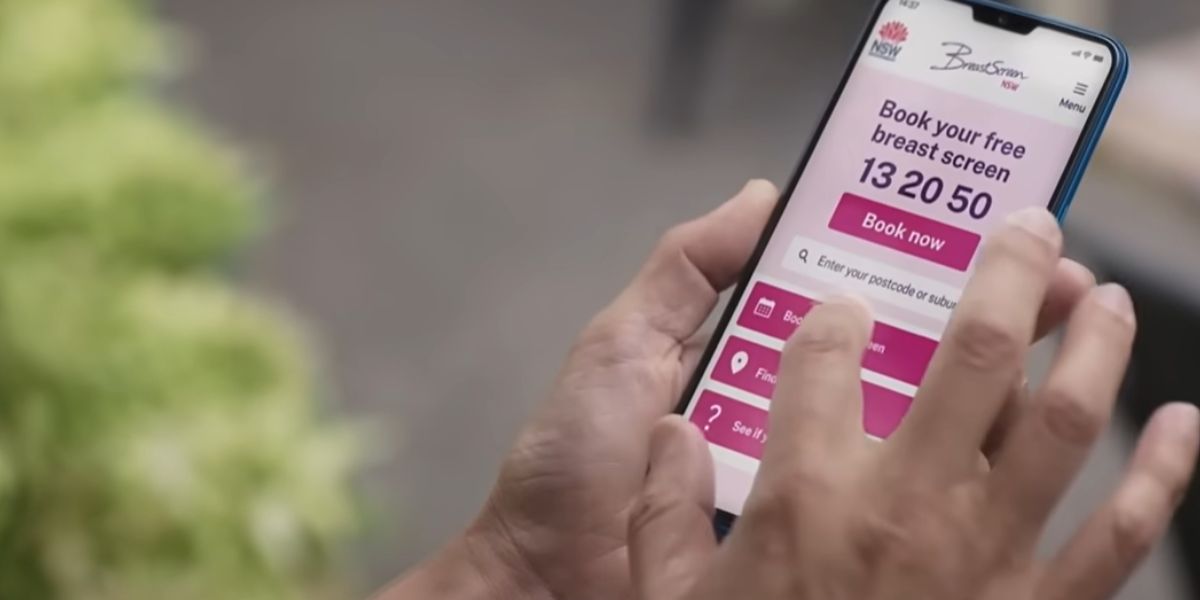BreastScreen NSW has relaunched a campaign encouraging women to have a life saving mammogram and join the more than 55,000 women who screened across Hunter New England Local Health District in 2024.
Kairsten Marley, Hunter New England Local Health District BreastScreen NSW Manager, said with almost 900 women in our district expected to be diagnosed with breast cancer this year, now is the time to book in a free, life-saving breast screen.
“For women aged 50-74, a breast screen every two years is the best way to detect breast cancer early before it can be seen or felt,” Kairsten said.
“The message is clear – put yourself, and your health first and make breast screening a priority.”
First launched in late 2023, the Breast Cancer Doesn’t Wait campaign has been refined to reach even more women, now including targeted advertising in local government areas with the highest numbers of underscreened women.
The campaign encourages women to prioritise their two-yearly breast screening, which is the best way to detect breast cancer in its earliest stages. New data from Cancer Institite NSW shows around 3,100 additional cancers would be detected if every eligible woman had a regular mammogram.
The Breast Cancer Doesn’t Wait campaign is now running across a range of mass media channels including radio ads voiced by Australian entertainers Kat Stewart and Amanda Keller, television, out of home advertising including in shopping centres and gyms, on demand TV, print, online video and social media.
The broader campaign targets priority populations including Aboriginal women aged 40-74 years through the ‘Stay Healthy for You and Your Mob’ component, and Cantonese and Mandarin speaking women aged 50 to 74 years.
Professor Tracey O’Brien AM, NSW Chief Cancer Officer and CEO of the Cancer Institute NSW said the Breast Cancer Doesn’t Wait campaign is part of efforts to spread awareness of the life-saving power of a mammogram.
“More than 1,000 women are expected to die in NSW this year from breast cancer and we are determined to support women to detect and treat breast cancer as early as possible,” Professor O’Brien said.
“Early detection not only significantly increases a person’s chance of survival to 98 per cent, it can also greatly reduce the need for invasive treatment like a mastectomy.”
“I know it can be hard for women to set time aside for themselves in their busy schedules, but breast screening needs to be a priority – an appointment only takes 20 minutes every two years and could save your life.”
Breast cancer is the most common cancer in women, with age and being female the biggest risk factors – not family history.
Aboriginal women are recommended to start screening at 40 years, with evidence showing that they are diagnosed with breast cancer at a younger age, have more advanced cancer at diagnosis and poorer survival rates compared to the overall female population.
Any woman who has noticed a change in their breasts, like a lump, should see their doctor without delay.
For more information and to make an appointment at a local BreastScreen NSW clinic or mobile van, call 13 20 50 or book online at www.breastscreen.nsw.gov.au.
For more information, visit ‘Breast Cancer Doesn’t Wait’ Campaign (BreastScreen NSW).


